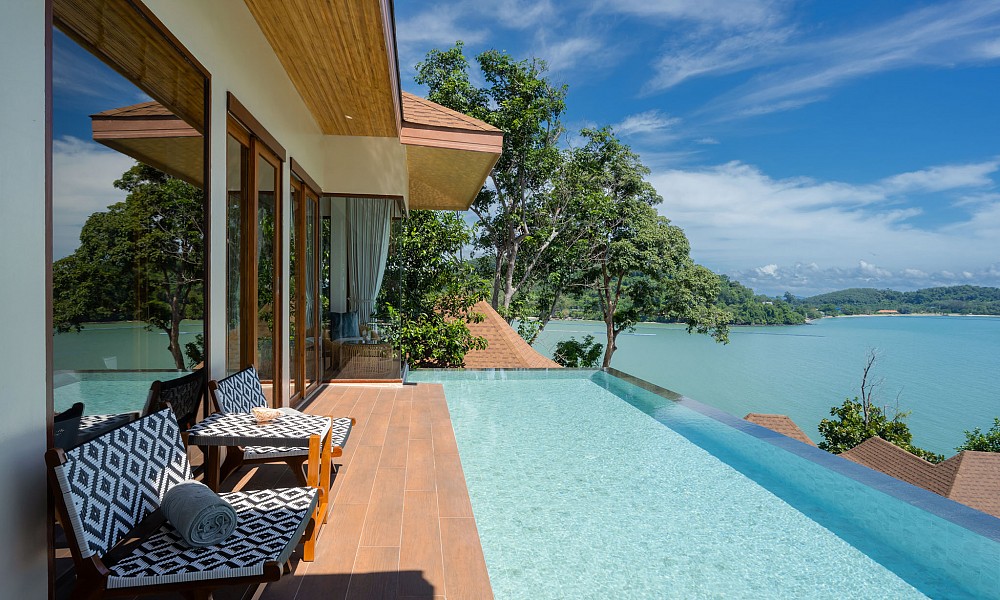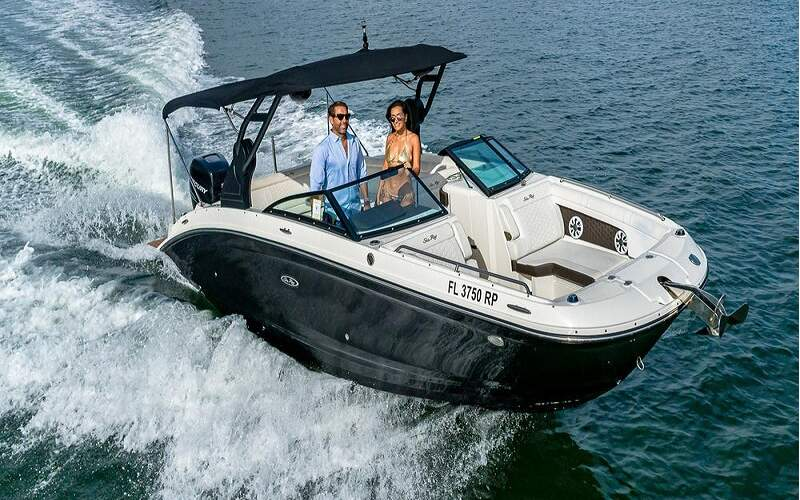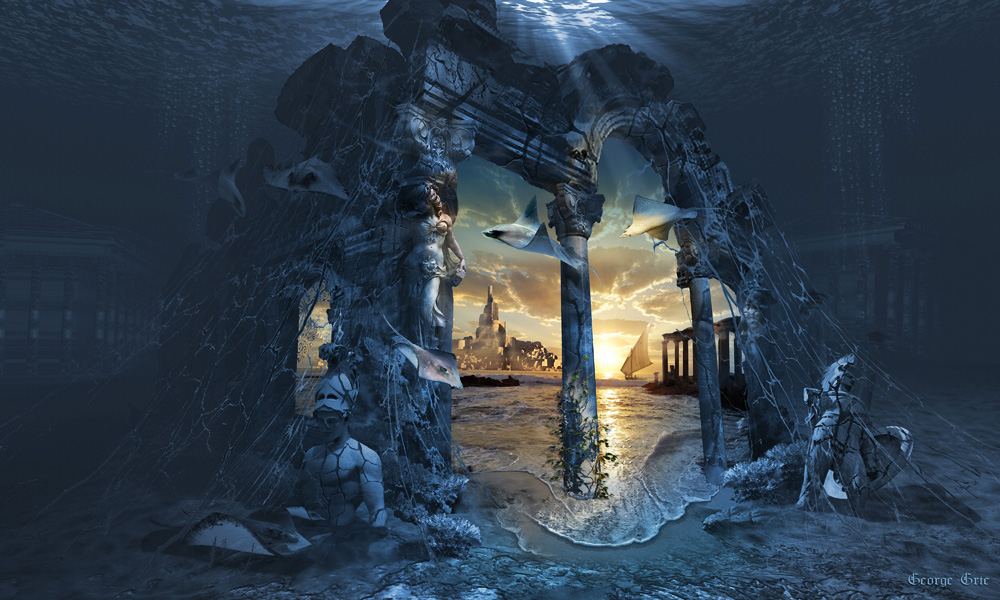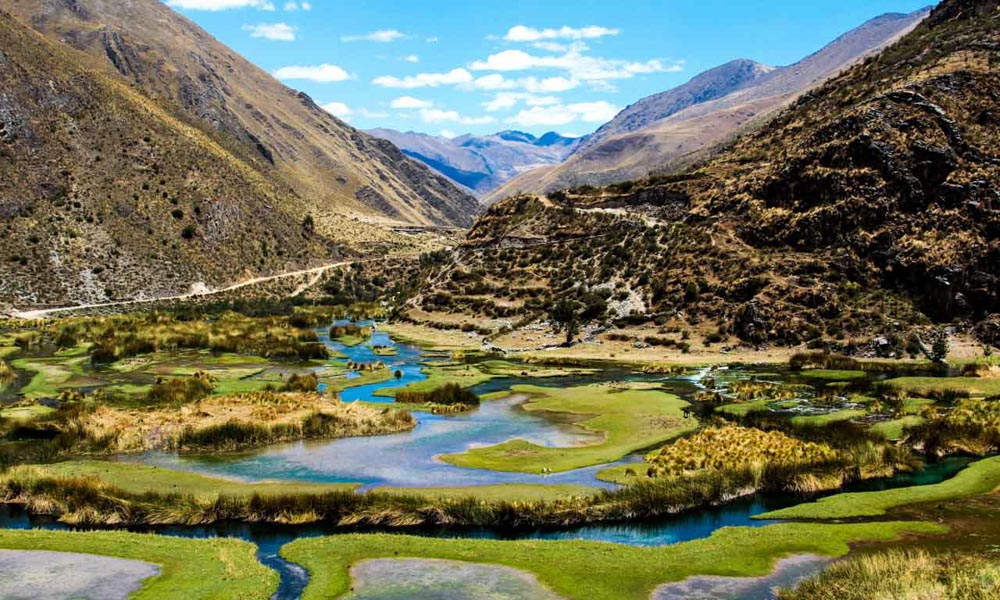Phuket and Koh Samui are two of Thailand’s top resort destinations, each offering unique qualities for property investors and those looking for a tropical lifestyle. This comparison uses 10 criteria, from connectivity to investment potential, to help investors choose the destination that aligns best with their goals.
-
Connectivity
Phuket generally has an edge in connectivity due to its larger size and status as an established destination. The island’s international airport offers extensive direct international connections, with regular flights from Europe, Asia, and Australia. Additionally, Phuket is accessible by road from the mainland via the Sarasin Bridge, making travel by car or bus an option.
Koh Samui’s international airport, located close to Chaweng, offers frequent flights to Bangkok’s Suvarnabhumi Airport and direct international routes from cities like Hong Kong, Singapore, and Kuala Lumpur. For travellers preferring sea routes, ferry services operate from Surat Thani and nearby islands, including Koh Tao and Koh Phangan.
-
Climate & Seasons
Phuket experiences a tropical monsoon climate with relatively consistent temperatures, ranging from 30-32°C throughout the year. The island’s dry season lasts from December to March, with average monthly rainfall of about 50 mm, making it the most popular time to visit. The rainy season extends from April to November, with heavier rainfall, peaking in September, which typically sees around 400 mm. This prolonged rainy season means that the preferred time to visit Phuket is generally during the drier months.
Koh Samui, also tropical, tends to be drier overall, with a shorter, more concentrated wet season. Temperatures on Samui range from 27-29°C year-round, and the island averages around 7 hours of sunshine daily. Samui’s rainy season is shorter, lasting about two months from October to November, with occasional rain extending into early December. Unlike Phuket, rain outside this period on Samui is generally brief, often lasting just a few minutes to an hour. The driest months are January through April, with February being the official dry season, averaging under 60 mm of rain. January to March is generally considered the best time to visit, though it can be especially hot from March to May, with April bringing the peak heat and the popular Songkran festival.
So, while both islands have warm weather throughout the year, Koh Samui has a shorter wet season, making it a slightly drier option. Each island has its ideal months for a visit, depending on visitor preferences for dry or slightly cooler seasons.
-
Property Prices and Value for Money
As of 2024, at the entry level, prices of property for sale in Koh Samui and Phuket are quite similar, with small condos starting around 2 million THB and villas from 4 million THB in both markets. Generally, detached garden pool villas start at approximately 8 million THB in Koh Samui and around 10 million THB in Phuket, although some smaller two-bedroom villas can be found for less. In Koh Samui, decent-sized ocean-view villas are available from around 18 million THB, with comparable options in Phuket costing slightly more.
In the luxury segment, Koh Samui offers high-end villas up to 8 million USD, while Phuket’s super-luxury market includes oceanfront estates that can reach 20 million USD or more. Phuket tends to command a higher price per square metre in the luxury sector.
A significant difference between the two markets is the availability of freehold condominiums. Koh Samui has limited freehold options, with only a few projects offering this ownership structure and none in the true luxury category. Phuket, by contrast, offers a wide range of freehold condos, at all price points, including high-end branded residences with integrated resort services. High-end sea-view and beachfront condos, particularly penthouses on Phuket’s desirable west coast, can reach several million USD. In Koh Samui, the condo market is limited to entry- to mid-range price points, with few, if any, units exceeding approximately 20 million THB.
-
Real Estate Investment Potential
The real estate investment potential of Phuket and Koh Samui differs notably, with each destination offering distinct advantages and factors to consider. Koh Samui, as a relatively less mature market, provides exceptional opportunities for capital gains, particularly in early-stage projects. Attractive prices can often be found with lesser-known developers, but this also carries higher risks. It’s common for projects in Koh Samui to be launched by developers with limited experience or funding, often relying on off-plan sales to generate capital for construction. This lack of project funding can lead to uncertainty, with potential delays or issues if sales targets are not met. Therefore, thorough due diligence is crucial for investors considering early-stage projects on the island.
Phuket, with its more established property market, generally presents a safer choice for investors prioritising reliability. The island has a higher proportion of experienced and reputable developers, making it generally a safer option for those who value stability over high-risk, high-reward investments. Additionally, Phuket’s rental market is better developed, benefiting from its long-standing popularity as a resort destination, which can offer a more consistent rental income for investors. Nevertheless, both Phuket and Koh Samui have the potential for very attractive returns on investment and the property rental market has been very strong in both destinations over the last few years. As with any property market, certain basic principles are always important to generate good rental return, such as choice of location, the style of the property, facilities, amenities, and its condition.
Land prices are another important factor. Phuket’s land is significantly more expensive, which contributes to generally higher property prices compared to Koh Samui. However, this also means that Koh Samui may hold more long-term growth potential, as there is room for further development. For investors willing to balance potential returns with inherent risks, Koh Samui offers a dynamic environment, while Phuket remains a more stable choice for cautious investors.
-
Choice of Properties
Phuket and Koh Samui each offer a wide variety of property types, but Koh Samui has notably fewer options in two specific categories: branded residences and freehold condominiums.
Branded Residences:
Phuket, as a long-established resort destination, has attracted numerous hospitality and lifestyle brands, resulting in a broad selection of branded residences. This trend has accelerated in recent years, especially following the COVID-19 pandemic, with new developments such as The Gardens of Eden, Tri Vananda, and Laguna Lakeside Residences adding to the growing portfolio of branded properties. In contrast, Koh Samui, as Q3 2024, has only one branded residence with units for sale, The Estates by Four Seasons—a luxury villa resort that has been operating for over a decade.
Freehold Condominiums:
For foreign buyers, the distinction between condos and apartments in Thailand is crucial, as only freehold condominiums allow direct ownership under a foreigner’s name, offering perpetual ownership. In contrast, apartments without a condominium license typically offer either a 30-year lease or shares in a company holding the freehold. Phuket boasts a large supply of condominiums spread across the island, at various price points, making it attractive to international buyers who seek direct freehold ownership. Koh Samui, due in part to zoning restrictions applicable to land eligible for condominium licenses, has only a limited number of freehold condo projects, with few options available. Anava Condominiums on Bang Rak Beach is one of the few recent additions to Samui’s freehold condo market.
-
Infrastructure
Phuket’s infrastructure is considerably more developed than Koh Samui’s, largely because it was transformed into an international resort destination much earlier. This long-standing appeal has driven extensive infrastructure improvements to accommodate its popularity with global visitors. Decades of growth have led to well-maintained road networks, reliable electricity, and a stable water supply, making it highly accessible and convenient for residents and visitors alike.
Koh Samui, on the other hand, has developed its infrastructure more recently, transforming from a backpacker destination into a popular resort and property market over the last 15 years. The island has improved its road systems, electricity access, and water supply to meet the demands of its expanding population and tourism industry. While it may not yet match Phuket’s level of infrastructure, Koh Samui continues to progress and adapt to its new role as a lifestyle and investment destination.
For property buyers, Phuket’s established infrastructure offers the benefits of a well-supported environment, while Koh Samui provides a blend of modern conveniences with a more relaxed island atmosphere. Investors may prefer one over the other depending on their priorities for infrastructure development versus a more unspoiled setting.
-
Facilities and Amenities
Phuket’s facilities and amenities are far more extensive than those in Koh Samui, a reflection of its development as an international resort destination over a longer period, along with the fact that it is much larger. For golf enthusiasts, Phuket offers seven 18-hole golf courses spread across the island, compared to just one on Koh Samui – the Santiburi course in Maenam.
In terms of education, Phuket provides around 14 international schools, depending on the definition, while Koh Samui currently has six. Healthcare options are also more robust in Phuket, with a greater number of international-standard hospitals available to residents and visitors.
Phuket also boasts a wider choice of shopping centres, offering everything from luxury brands to essential household goods, adding to its appeal as a destination with comprehensive amenities. While Koh Samui has made significant strides in enhancing its facilities, Phuket remains the stronger choice for those seeking a broader range of high-quality services and conveniences.
-
Entertainment & Nightlife
Phuket, being a much larger and more developed island, offers a wider variety of entertainment and nightlife options than Koh Samui. The island is home to a vast selection of restaurants, bars, and clubs, catering to diverse tastes and preferences. Phuket’s main nightlife hub is Bangla Road in Patong—a 500-metre stretch bustling with bars, clubs, and street performances that draw in crowds every night, making it the centre of Phuket’s vibrant nightlife scene.
Koh Samui, while smaller, has caught up to some extent. The island’s nightlife hotspot, Chaweng Beach, offers a lively atmosphere with an array of bars, clubs, and beachside venues where visitors can enjoy a more relaxed yet energetic vibe. Over the years, Koh Samui has also expanded its dining options, now featuring a respectable range of quality restaurants serving various international cuisines, making it an increasingly popular choice for food enthusiasts.
While Phuket provides a broader choice of nightlife and dining experiences, Koh Samui’s growing restaurant scene and lively entertainment spots offer a strong alternative for those seeking a slightly more laid-back island atmosphere with a good mix of options.
-
Beaches
When it comes to beaches, deciding which island offers the best experience is largely subjective. Both Phuket and Koh Samui are renowned for their beautiful beaches, featuring powder-soft white sand and crystal-clear waters. However, there are some notable differences in the beach experience each island offers.
Koh Samui is known for its calm, clear waters and is often praised for the soft, white sand found along its beaches. Chaweng Beach, the island’s main tourist beach, is particularly popular for its classic tropical feel, with deep white sand and gentle waves, making it an ideal spot for relaxing and swimming.
Phuket, on the other hand, offers a greater variety with 65 beaches across the island. The most famous of these, Patong Beach, is a lively, bustling hub filled with clubs, bars, restaurants, hotels, and water sports. Patong’s global recognition attracts many visitors, making it the go-to choice for those seeking a vibrant beach scene. However, for those who prefer a quieter setting, Phuket also has several hidden gems with a more tranquil atmosphere.
-
Suitability for Living
Phuket and Koh Samui each offer distinct lifestyles, appealing to different types of residents. Individuals often have a strong preference for one destination over the other, influenced by personal taste and, in many cases, by which destination they first visited.
Phuket, as a larger island with more advanced infrastructure, provides a well-rounded environment for full-time living. With its extensive amenities, international schools, and reliable healthcare facilities, Phuket is well-suited for families, professionals, and retirees looking for convenience and a well-serviced lifestyle. The island’s variety of shopping centres, restaurants, and recreational facilities also offer a level of comfort and accessibility similar to what one might expect in a small city, making it ideal for those seeking an island lifestyle without sacrificing modern conveniences.
On the other hand, Koh Samui may be a better choice for those seeking a more traditional island experience and who are less focused on the extensive facilities, schools, shopping options, and infrastructure that Phuket offers. Although Samui has become significantly more developed, it remains far less built-up than Phuket, retaining a more relaxed and unspoiled charm.
Find out more about Phuket and Koh Samui on Charlesdel




